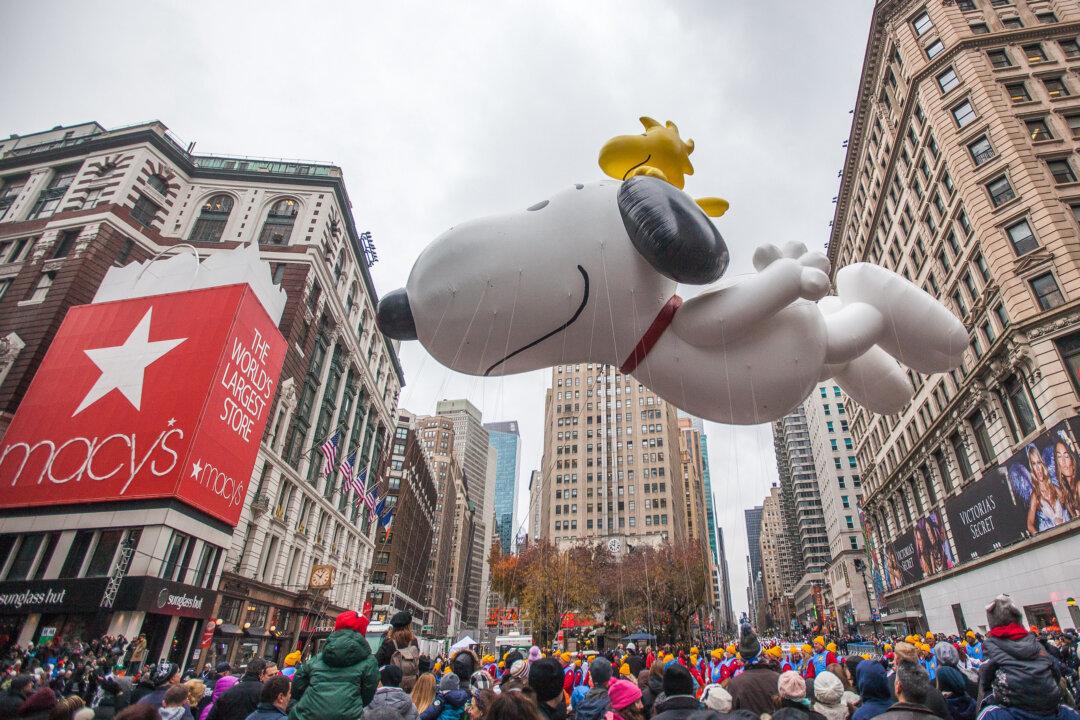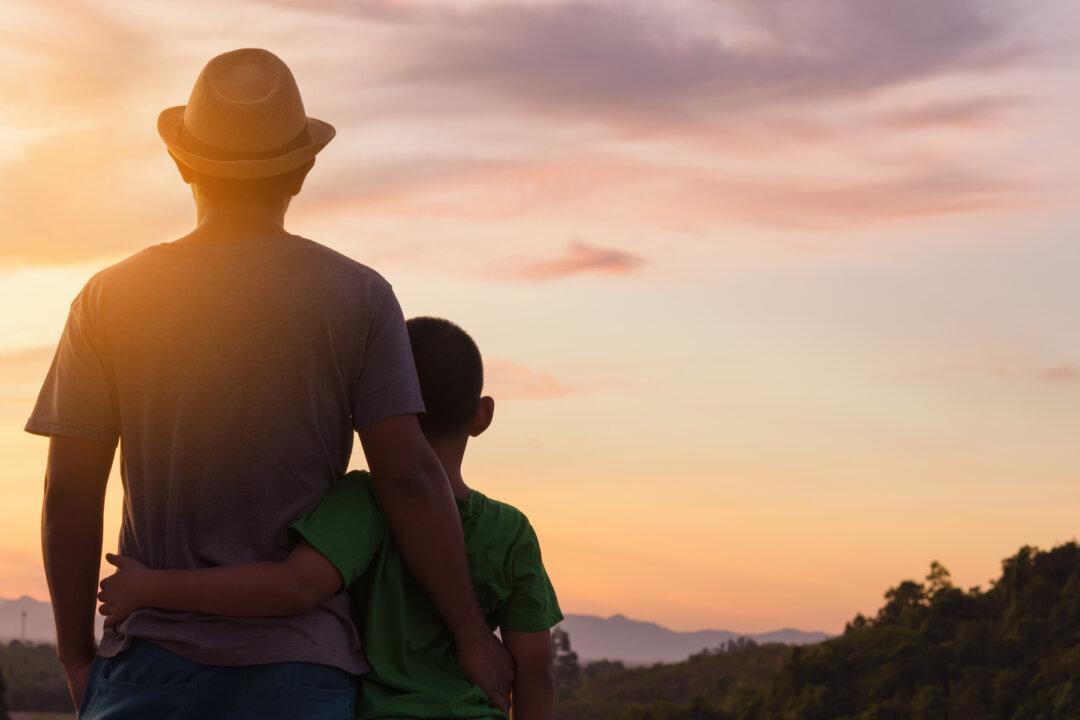Commentary
Was—or is—Thanksgiving a special family day in your family? The popularity of Thanksgiving isn’t surprising when one ponders its advantageous preconditions: nonsectarian (believers and atheists accept a “don’t ask, don’t tell” policy on religious matters), no holiday gift-giving (or raised eyebrows about comparative generosity/miserliness), and relatively brief (just a weekend with no big month-long run up), plus a nonpolitical sentiment hard to argue with (“More gratitude all around? Sure, I can manage an extra helping of that! And hey! Pass the pumpkin pie!”).


